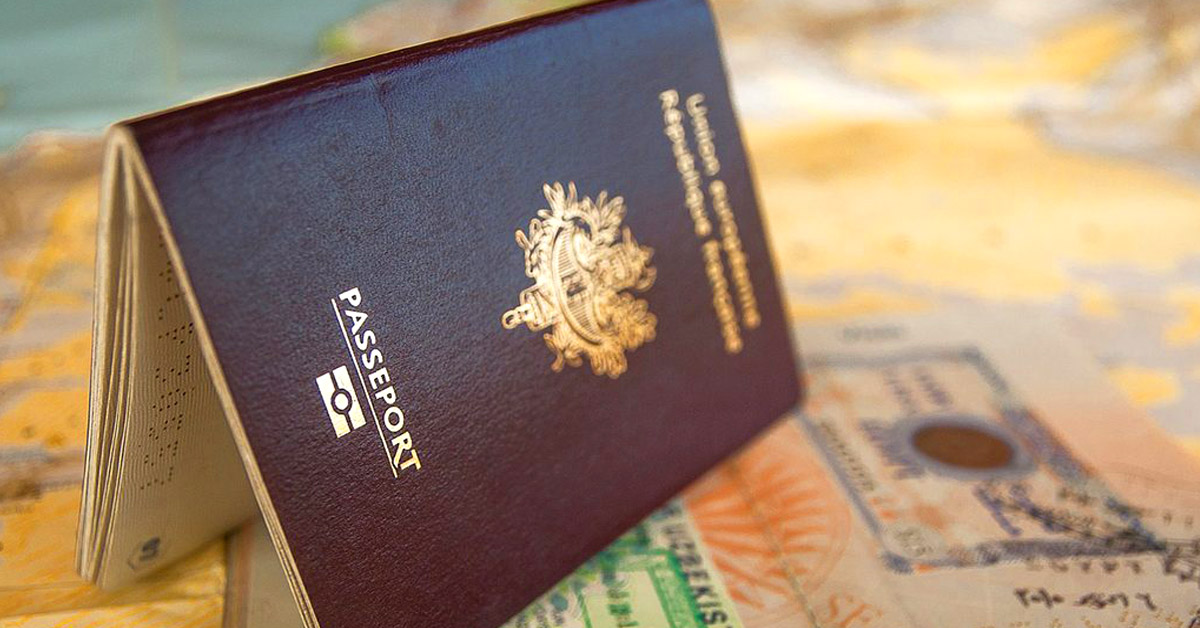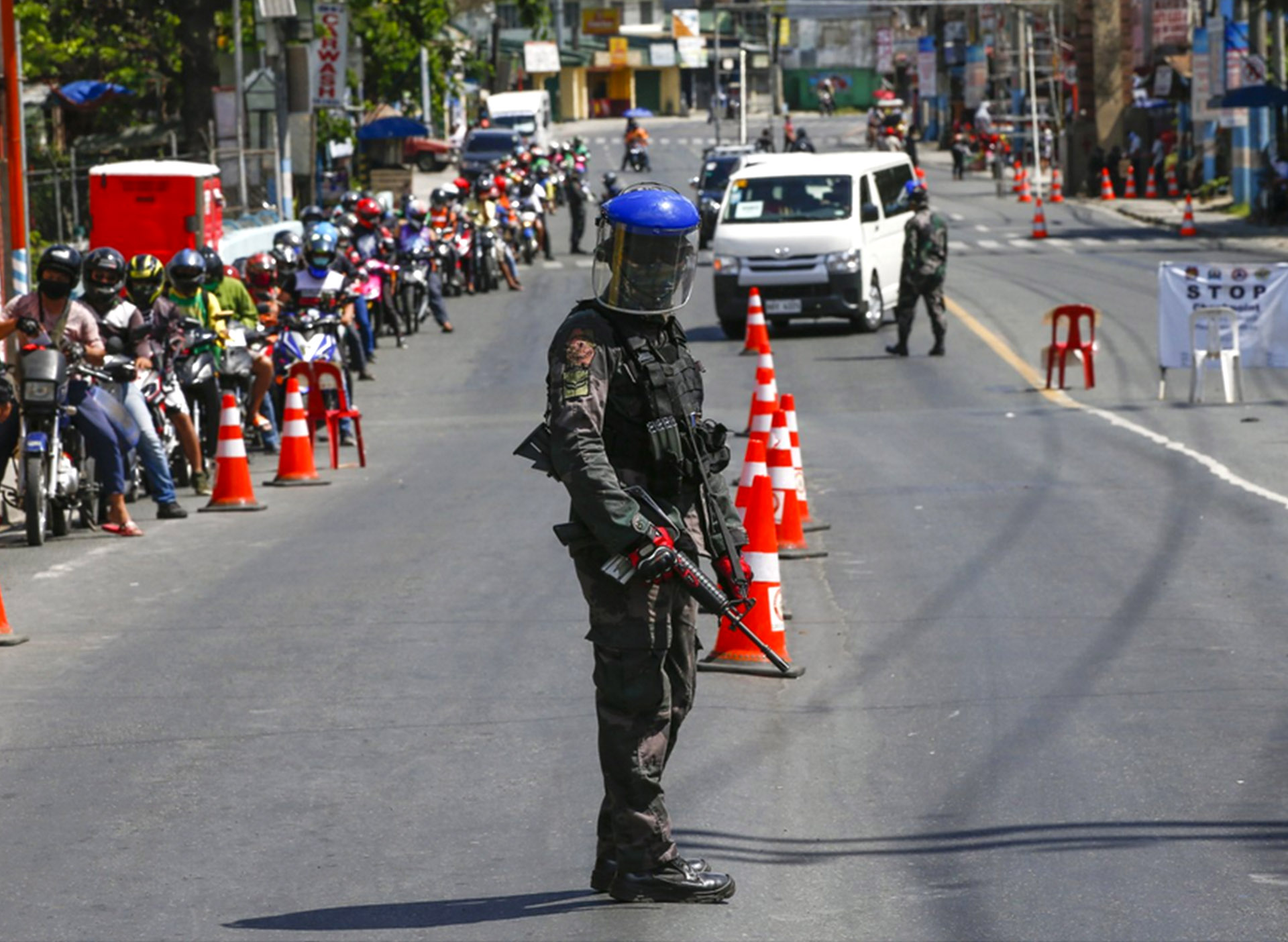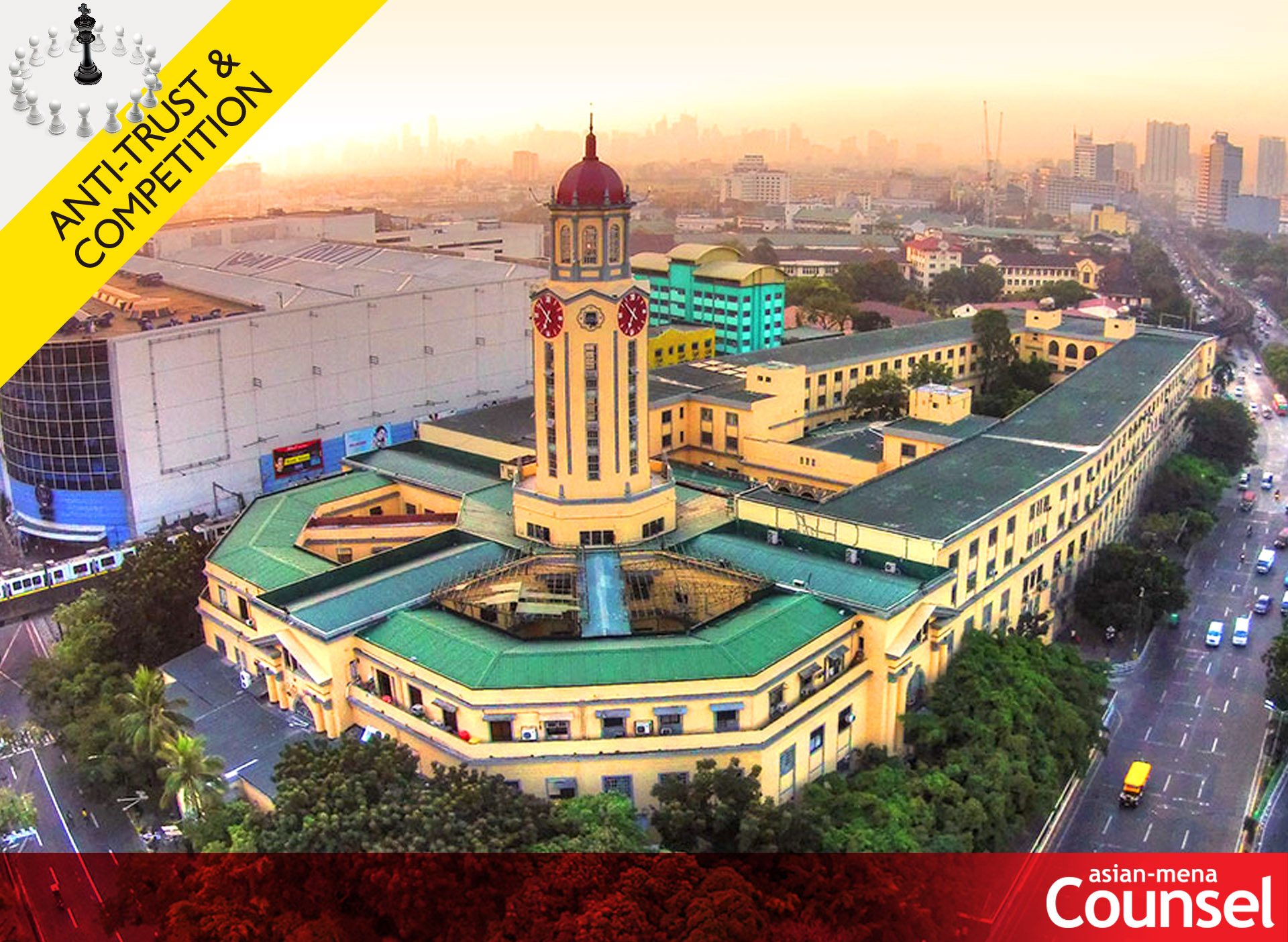 By John Frederick E Derije
By John Frederick E Derije
Alternative dispute resolution methods or ADRs, ie, arbitration, mediation, conciliation among others, “are encouraged by the Supreme Court, since by enabling the parties to resolve their disputes amicably, they provide solutions that are less time-consuming, less tedious, less confrontational, and more productive of goodwill and lasting friendships”.
Arbitration in particular has been consistently dubbed in our jurisprudence as the “wave of the future” in civil and commercial disputes. It has become a matter of state policy in the Philippines to protect and ensure the enforcement of any and all kinds of agreement to arbitrate, such that non-compliance with a valid arbitration agreement renders null and void all the judicial proceedings conducted after the case should have been referred to arbitration; whatever decision may have been rendered should be vacated and set aside.
In line with the said state policy favouring arbitration, the following important concepts bear revisiting.
An arbitration agreement as a contract
An arbitration agreement is a commitment on the part of the parties to submit to arbitration the disputes covered therein, it is the law between them. An agreement to arbitrate is a contract, which must satisfy the essential requisites of a valid contract, and the rights and liabilities of the parties are controlled by the law of contracts. Since the arbitration agreement is binding, the parties are expected to abide by it in good faith.
An arbitration agreement may be included in a main contract as an arbitration clause or a compromissoire,or may be constituted in a separate contract. It may also come in the form of a reference in a written contract to a document containing an arbitration clause such as to make that clause part of the contract.Inthe 2018 case of Tourism Infrastructure and Enterprise Zone Authority v. Global-V Builders Co.(G.R. No. 219708, October3, 2018), the Supreme Court upheld the jurisdiction of the Construction Industry Arbitration Commission (“CIAC”) over the dispute, even if the five (5) Memorandum of Agreements (“MOAs”) between the parties did not contain an arbitration agreement, which agreement was actually found in another or separate document (such as the General Conditions of the Contract) deemed to form part of the MOAs. The Court held:
“In this case, the Court of Appeals found that there was an agreement to arbitrate in the General Conditions of Contract, particularly in Clause 20.2 thereof, which formed part of the MOAs xxx.
Undoubtedly, Clause 20.2 of the General Conditions of Contract is an arbitration clause that clearly provides that all disputes arising from the implementation of the contract covered by R.A. No. 9184 shall be submitted to arbitration in the Philippines. In accordance with Section 4.1 of the CIAC Rules,the existence of the arbitration clause in the General Conditions of Contract that formed part of the said MOAs shall be deemed an agreement of the parties to submit existing or future controversies to CIAC’s jurisdiction. Since CIAC’s jurisdiction is conferred by law, it cannot be subjected to any condition; nor can it be waived or diminished by the stipulation, act or omission of the parties, as long as the parties agreed to submit their construction contract dispute to arbitration, or if there is an arbitration clause in the construction contract. Hence, the fact that the process of arbitration was not incorporated in the contract by the parties is of no moment. Moreover, the contracts in this case are expressly covered by R.A. No. 9184 (The Government Procurement Reform Act), which provides under Section 5945 thereof that all disputes arising from the implementation of a contract covered by it shall be submitted to arbitration in the Philippines, and disputes that are within the competence of CIAC to resolve shall be referred thereto.”
In the 2017 case of Steamship Mutual Underwriting Association (Bermuda) Limited v. Sulpicio Lines, Inc.(G.R. No. 196072, September20, 2017, 840 SCRA 203), the arbitration agreement set forth in the Club Rules, which was incorporated by reference in the contract between the parties, was likewise upheld by the Supreme Court. The Court ruled that “[t]he reference in a contract to a document containing an arbitration clause constitutes an arbitration agreement provided that the contract is in writing and the reference is such as to make that clause part of the contract …”and that“an arbitration agreement that was not embodied in the main agreement but set forth in another document is binding upon the parties, where the document was incorporated by reference to the main agreement.The arbitration agreement contained in the Club Rules, which in turn was referred to in the Certificate of Entry and Acceptance, is binding upon Sulpicio even though there was no specific stipulation on dispute resolution in this Certificate.”
Doctrine of separability
Otherwise known as the doctrine of severability or autonomy, the doctrine of separability directs that the arbitration agreement be treated as a separate agreement, is independent of the main contract even if it is contained in an arbitration clause. The doctrine denotes that the invalidity of the main contract does not affect the validity of the arbitration agreement. Thus, in Cargill Philippines, Inc. v. San Fernando Regala Trading, Inc. (G.R. No. 175404, January31,2011, 641 SCRA 31,it was held that even a party who has repudiated the main contract is not prevented from enforcing its arbitration agreement. Being a separate contract in itself, the arbitration agreement may thus be invoked regardless of the possible nullity or invalidity of the main contract.In fact, the Model Law on International Commercial Arbitration adopted by the United Nations Commission on International Trade Law states that “[a] decision by the arbitral tribunal that the contract is null and void shall not entail ipso jurethe invalidity of the arbitration clause.”
The foregoing important concepts on arbitration are significant in encouraging arbitration as an alternative mode of dispute resolution, in order to prevent lengthy and expensive court litigations from happening, or at the very least making it available merely as a last resort. Resort to arbitration helps rid our courts’ dockets with cases which at the onset may be settled more amicably and expeditiously out of court.
Since Philippine courts are keen on making arbitration or other modes of alternative dispute resolution (ADRs) the staple in settling disputes domestically, parties who regularly enter into various contracts may well consider incorporating a template arbitration clause, or a reference to a different document bearing such arbitration clause, or such contractual stipulation on the agreement of the parties to undergo any of the ADRs. In case of disputes, the presence of such clause would be more advantageous for the parties in particular, and the justice system in general.
(The views and opinions expressed in this article are those of the author. This article is for general informational and educational purposes only and not offered as and does not constitute legal advice or legal opinion.)
John Frederick E Derije is an Associate of the Angara Abello Concepcion Regala & Cruz Law Offices (ACCRALAW), Davao Branch.
(6382) 224-0996









































 Angara Abello Concepcion Regala & Cruz Law Offices (ACCRALAW)
Angara Abello Concepcion Regala & Cruz Law Offices (ACCRALAW) Emerico O. De Guzman
Emerico O. De Guzman




